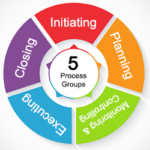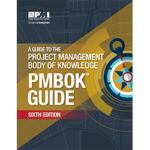
Every project, from software launches to skyscraper construction, follows a lifecycle—a roadmap that guides it from vision to victory. The Project Management Body of Knowledge (PMBOK) distills this journey into five distinct phases, offering a proven framework for navigating complexity and delivering results. Whether you’re a seasoned project manager or just starting … [Read more...]












